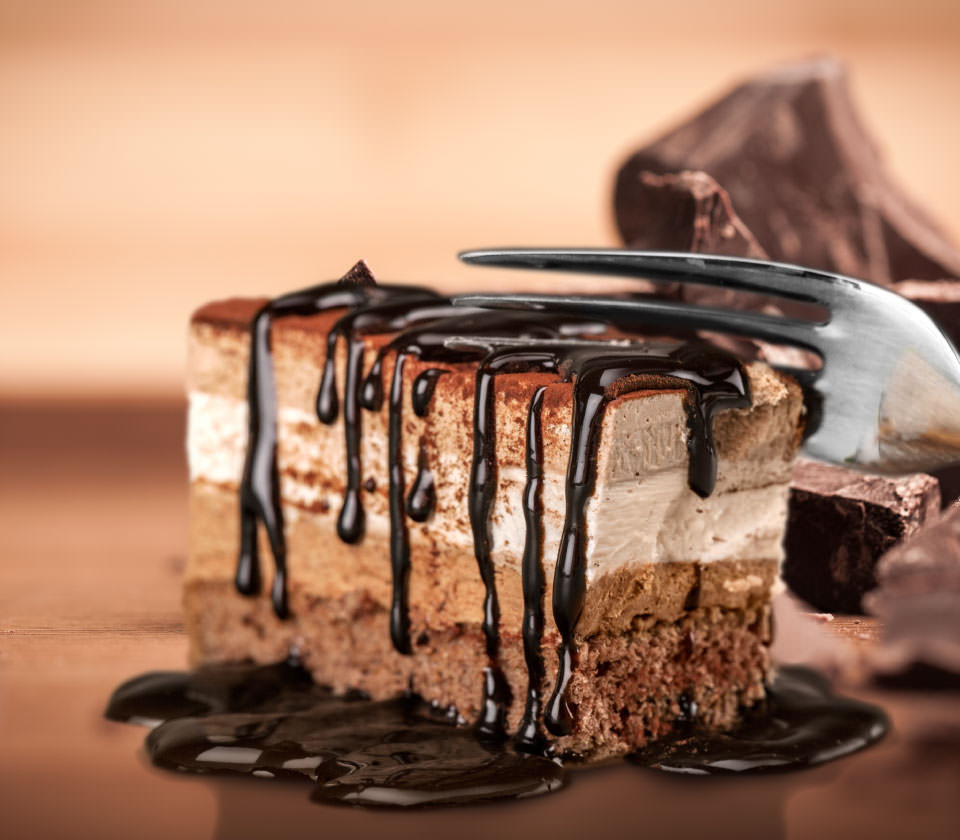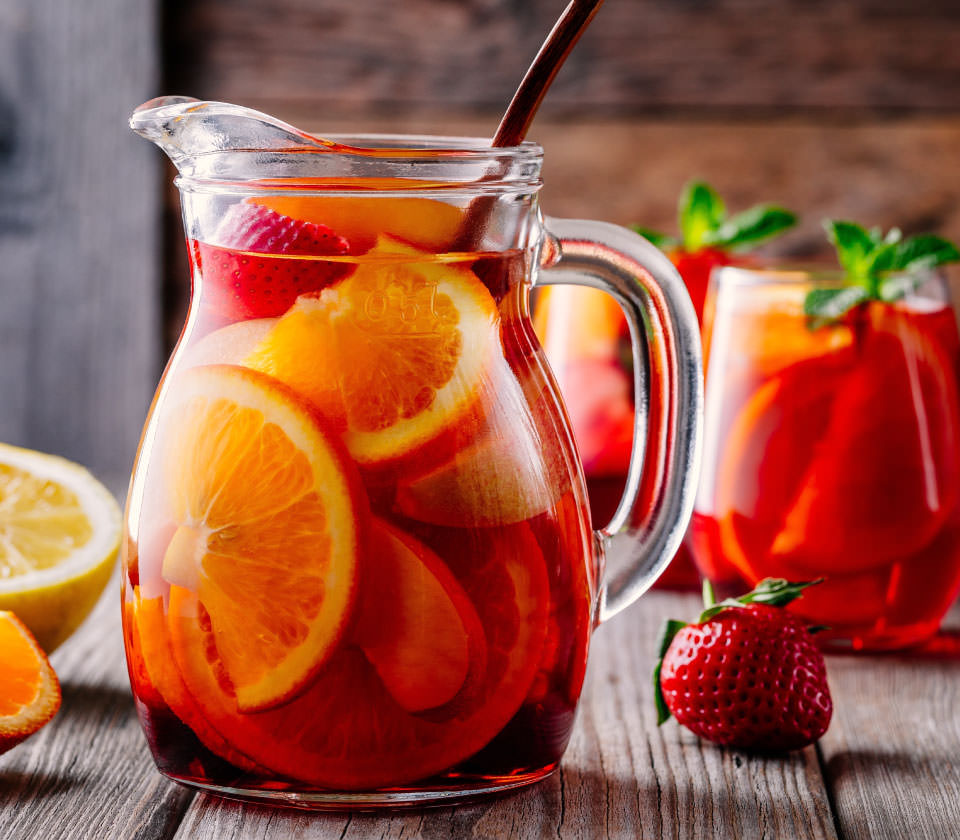Adding Extra Layers of Flavor and Texture
Aged sake has a complex flavor with a hint of caramel, spices, and nuts. These elements resonate well and add an extra layer to a variety of desserts. For example, aged sake gives depth and richness to the flavor of chocolate, whether it is a plain piece of chocolate or chocolate brownies. Another good example is vanilla ice cream. The caramelly and nutty flavor of aged sake acts as a sauce and adds a pleasant bitterness and depth to the ice cream. Also, the combination of nigori sake and sweet gianduja chocolate is a good example of layering strong textures.



